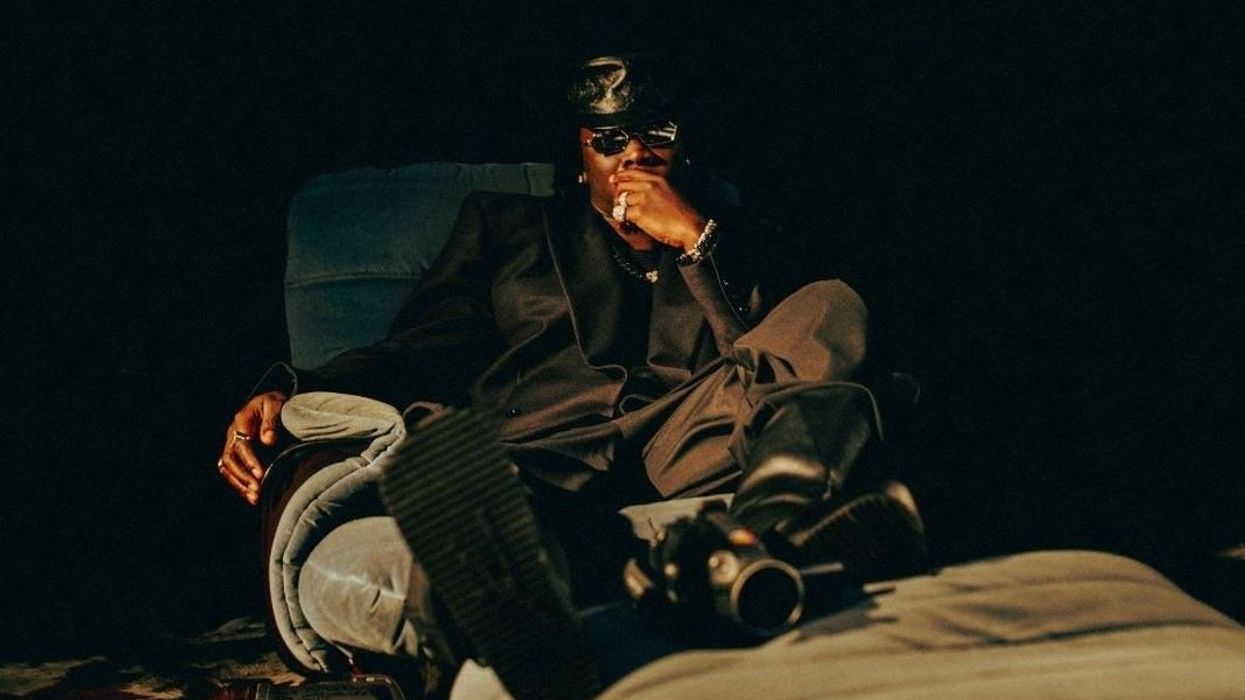
An Instagram video featuring comedian Brainjotter and his friend dancing to Mike Ejeagha’s 1983 classic sparked the “Gwo Gwo Gwo Ngwo challenge” on TikTok. The challenge led to thousands of videos with playful movements synchronized to the music.
Mike Ejeagha, a 94-year-old Igbo highlife musician, is gaining new popularity for his imaginative songs filled with moral lessons. His classic “Ka Esi Le Onye Isi Oche” showcases elaborate storytelling accompanied by lively guitar melodies and highlife rhythm, touching on themes of manipulation and greed.
Rediscovery
Apps like TikTok are revitalizing old music by allowing users to engage with and recreate songs, bringing them back into the spotlight. Ejeagha’s music, rooted in pre-independence Nigeria, is being cherished in a fresh light, showcasing the timeless essence of music that transcends eras.
The resurgence of forgotten classics like Ejeagha’s reflects a broader trend of reimagining older tracks for today’s audience, as seen with songs like TJ’s “Elewe Ukwu” (2009) and Obesere’s “Egungun Be Careful”. These songs have sparked reinterpretations, memes, and renewed interest, bridging the past with the present.
@iamdjyounggee Joining the challenge with @Mex, @Chukwuebuka, and others, the “Gwo Gwo Gwo Ngwo challenge” has further propelled Ejeagha’s music back into the limelight.
Following the viral video, Ejeagha’s monthly streaming numbers on Spotify surged to 74,600 listeners, breathing new life into a legacy that began in the 1940s and fully blossomed in 1960.
Chimezie Chika reflects on Ejeagha’s musical journey in an Afrocritik piece, highlighting his early influences and unique approach to blending rhythm and storytelling in his compositions, shaping the landscape of highlife music in Nigeria.
At a recent birthday event, Chief Benjamin Ugochukwu Ikeokwu praised Gentleman Mike Ejeagha as an icon, highlighting the significance of his contribution to Igbo culture through his music. He emphasized Ejeagha’s unique style and the distinctive quality of his music which sets him apart as a legend in African music.
As Chika reflects on Ejeagha’s musical journey, he mentions how the folklorist aspect of Ejeagha’s work has resonated with a new generation of audiences. Ejeagha’s incorporation of folklore elements and his dedication to preserving Igbo language and culture have established him as a respected figure in Nigerian music.
Ejeagha’s deep-rooted connection to his heritage is evident in the thematic elements of his music, which often delve into mythical landscapes and traditional storytelling. His use of Igbo language and didactic themes in his songs serves to educate and entertain his listeners, creating a captivating musical experience that is both nostalgic and enlightening.
With a vast discography of over 300 recordings stored in the National Archives of Nigeria, Ejeagha’s legacy is firmly etched in the annals of Nigerian music history. His enduring influence and the continued appreciation for his work signal a lasting impact that transcends generations and cultural boundaries.



Comment